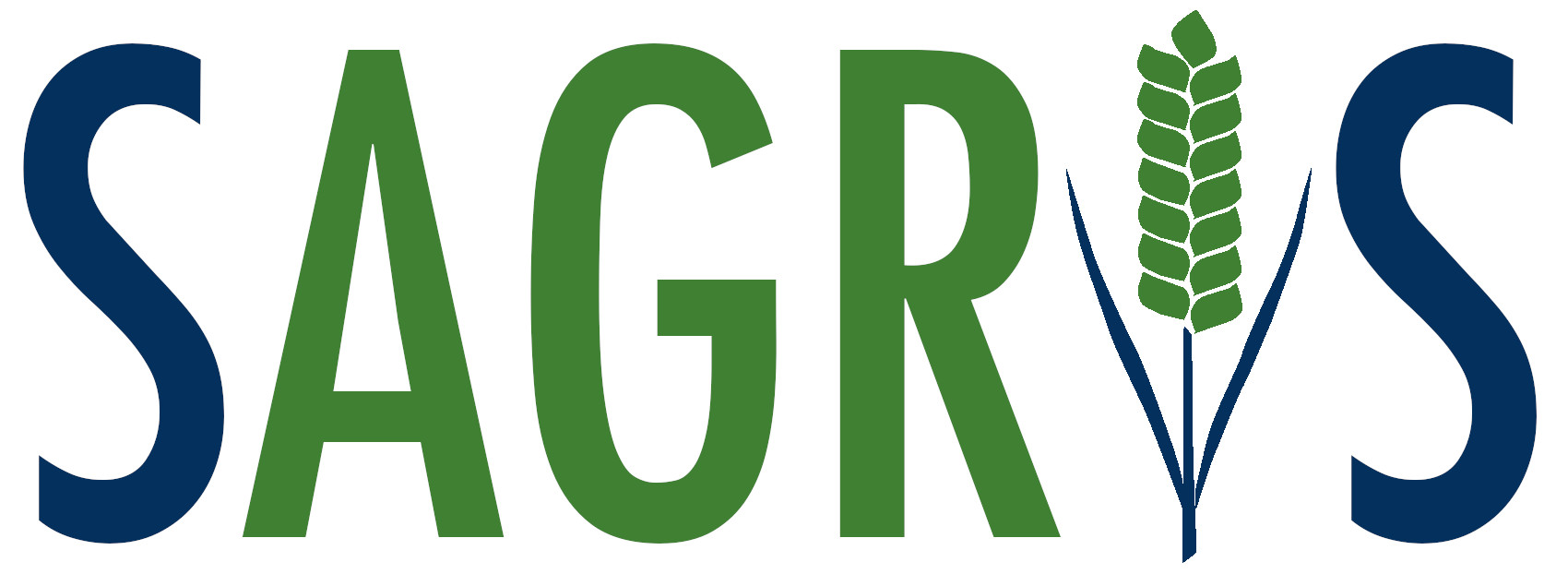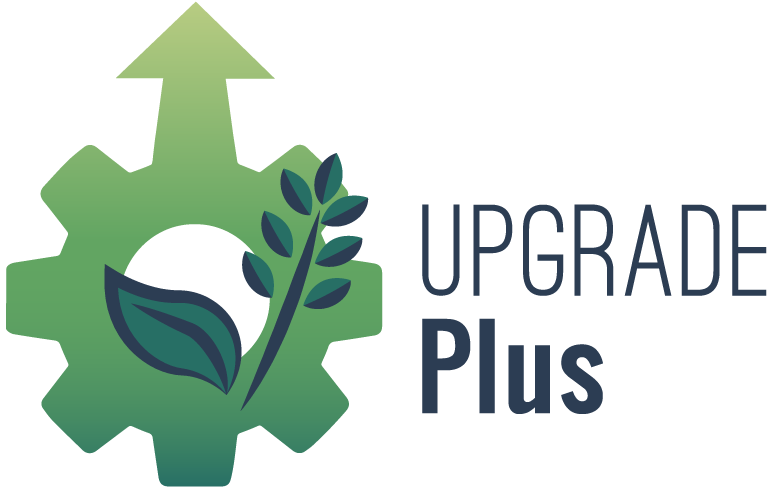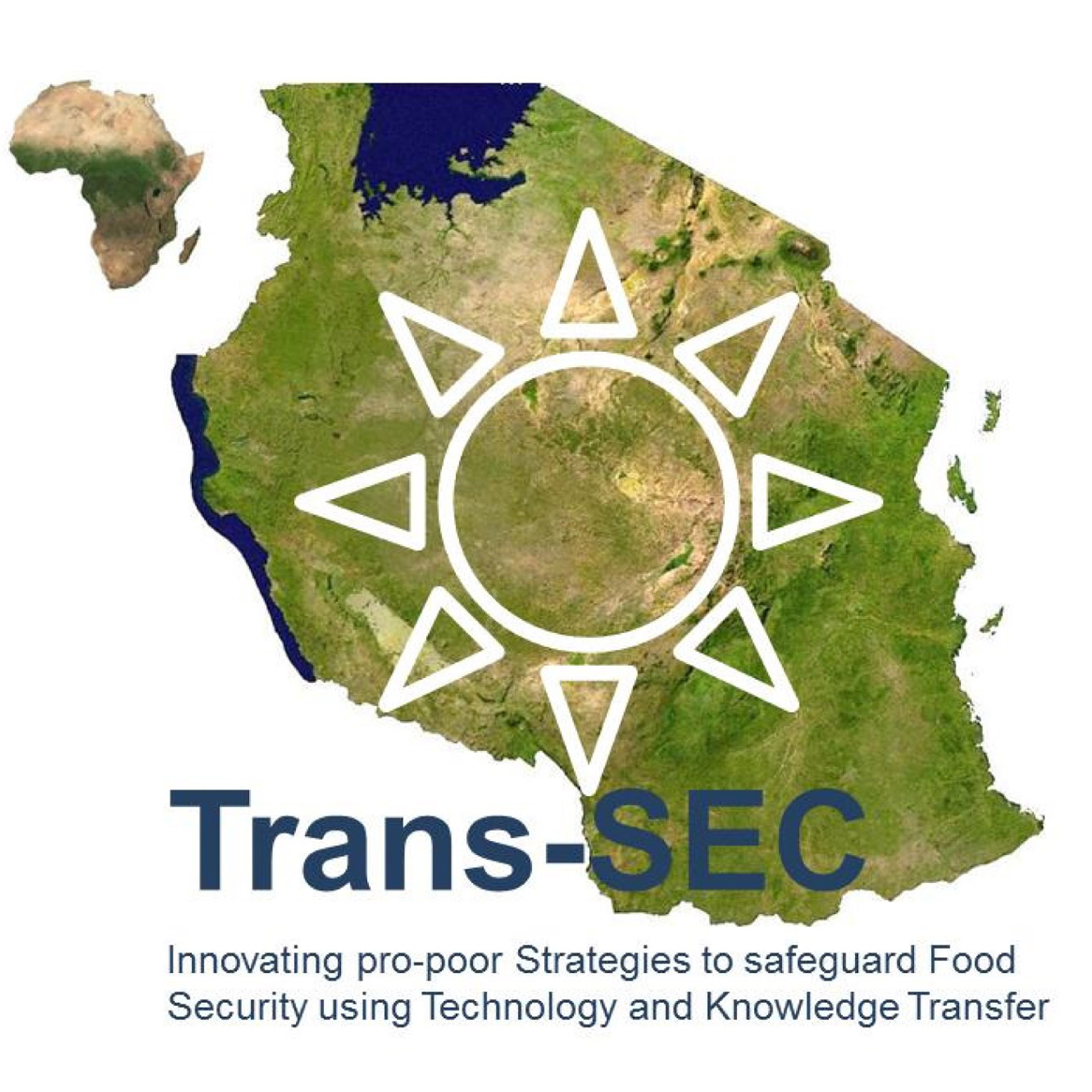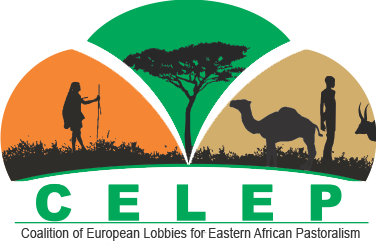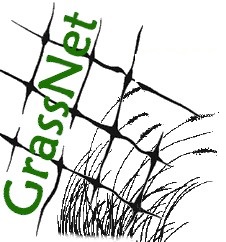Former Staff and Alumni
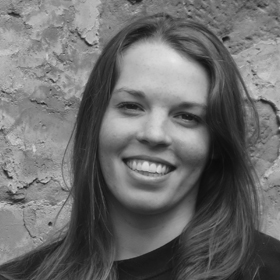
Katharina Bitzan |
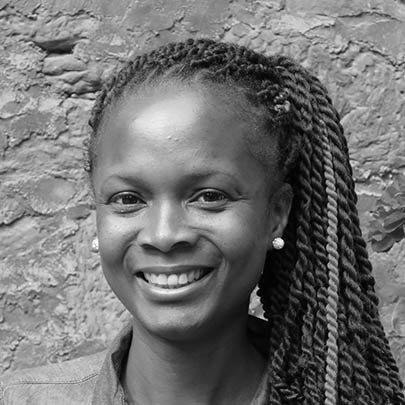
Ugochi Geraldine Akalonu |
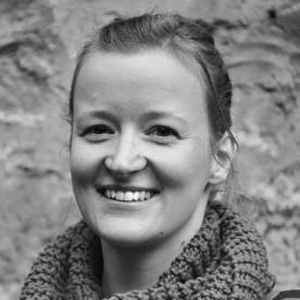 Lara Elena Thiele |
|
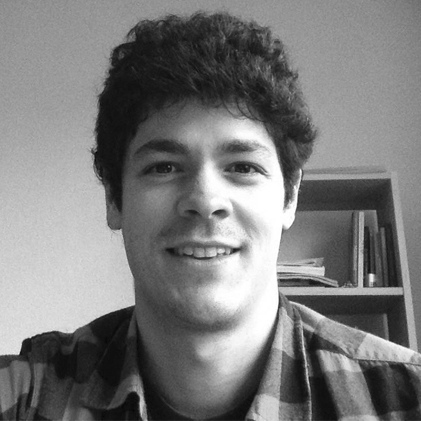
Raúl Fernandez |
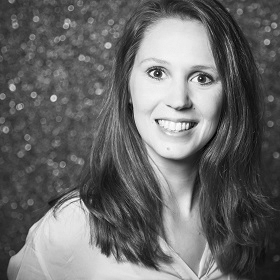
Kerstin Schulz |
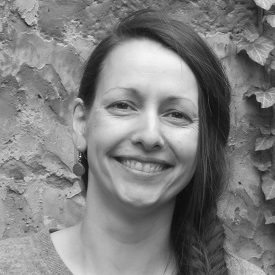
Anne Emden |
|
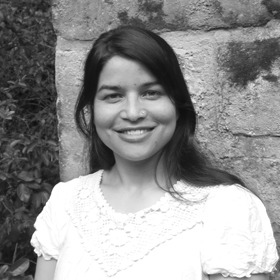
Pramila Thapa |
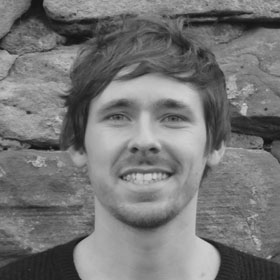
Felix Krause |
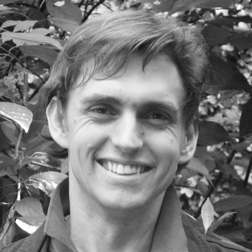
Clemens Voigts |
|
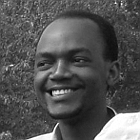
Michael Mgalula Elias |
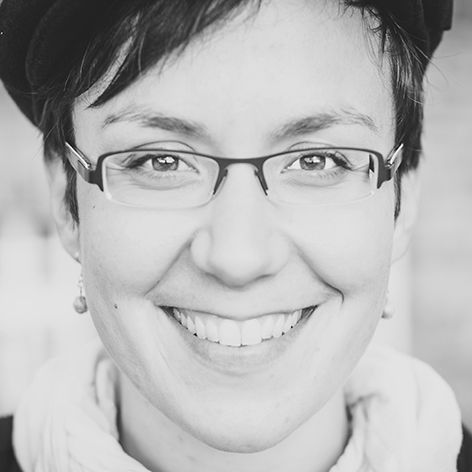
Marie-Luise Hertkorn |
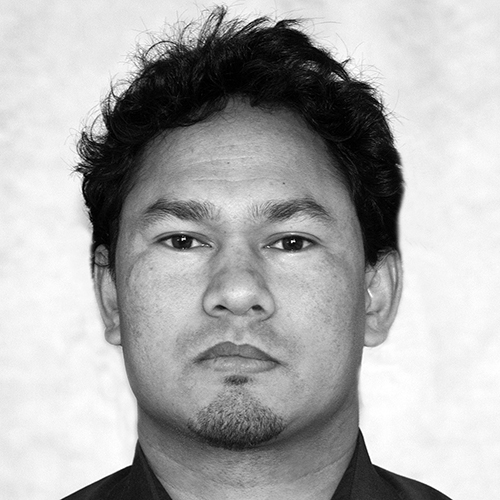
Deepak Tolange (MA) |
|
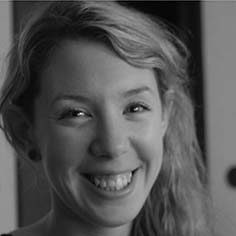
Alexandra Plummer (BA) |
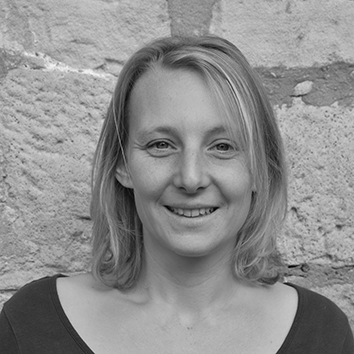
Katharina Stamp (BSc agr.) |
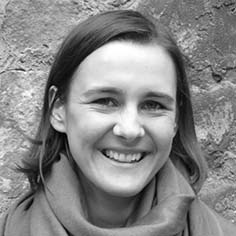
Ann-Kristin Saurma |
|
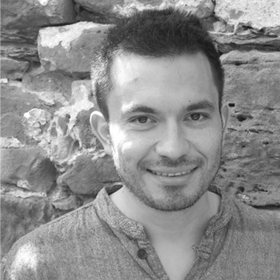
Guillermo Garnica |
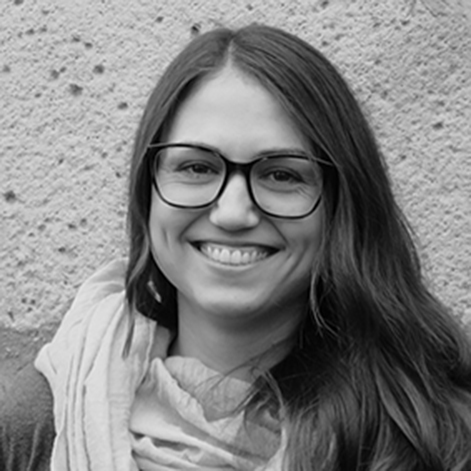
Michelle Mausbach |
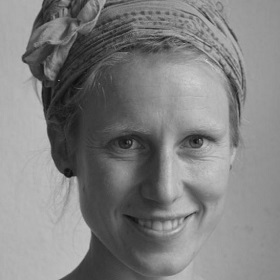
Esther Mieves |
|
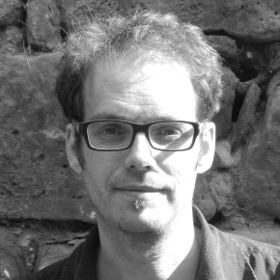
Jürgen Bierwirth |
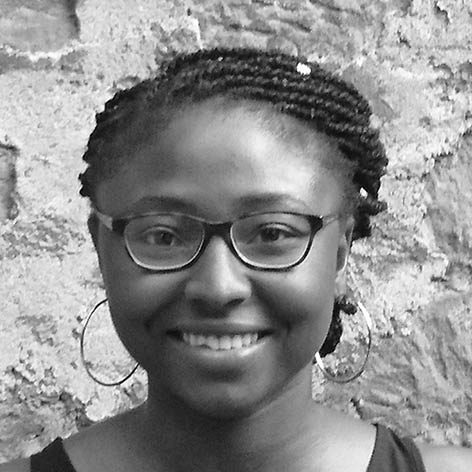
Kayfe Nwosu |
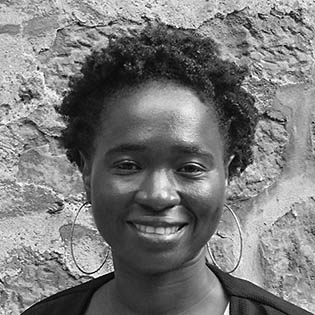
Lydia Madintin Konlan |
|
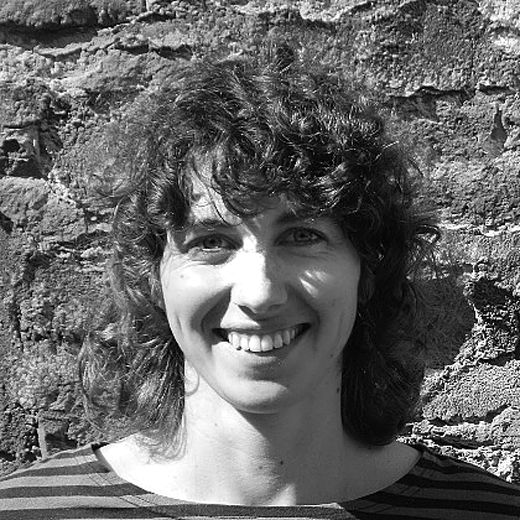
Franziska Böhm |

Rachael Garcia |
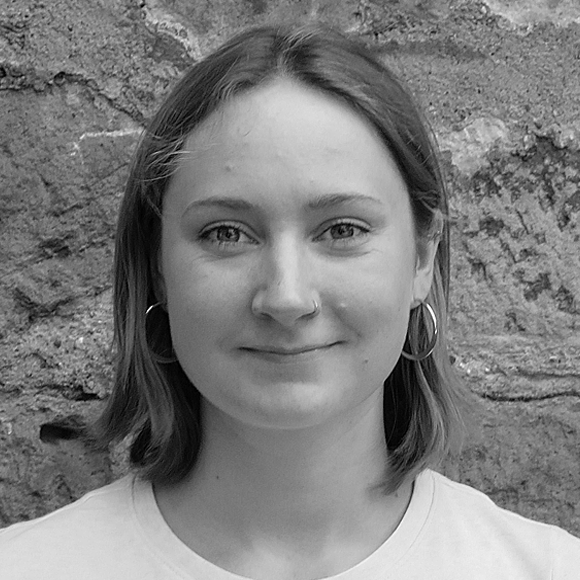
Flora von Steimker |
|
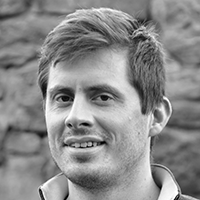
Linus Kalvelage |
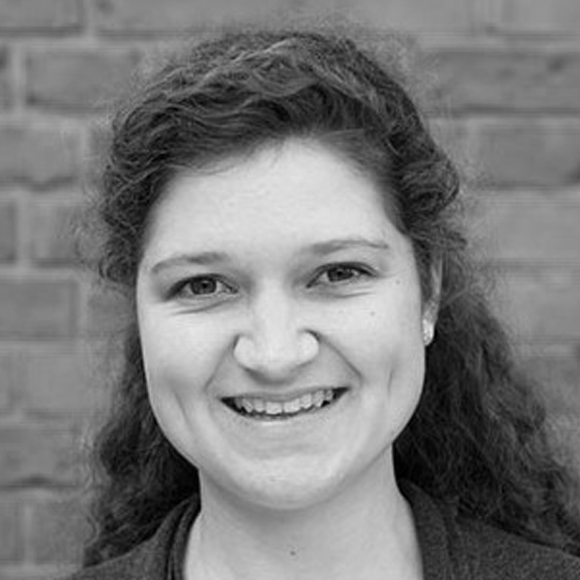
Jennifer Kaiser |
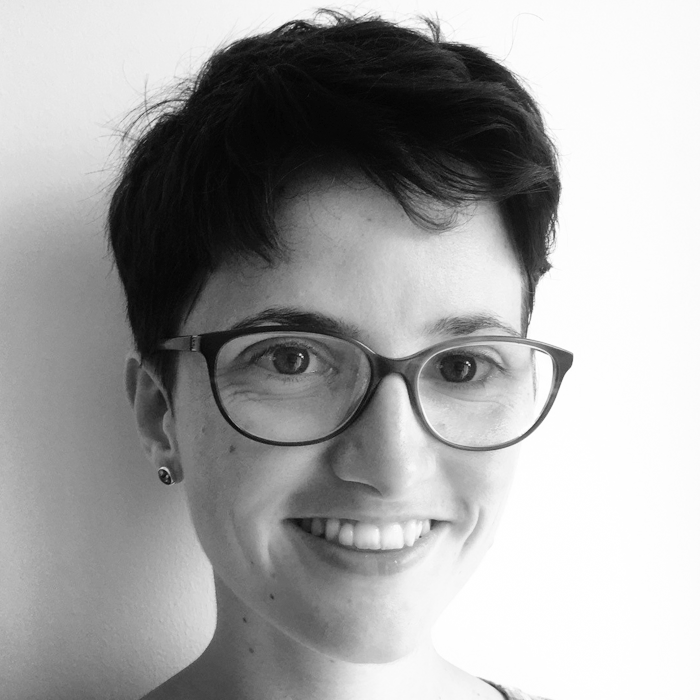
Jana Bauer |
|

Timon Sennewald |
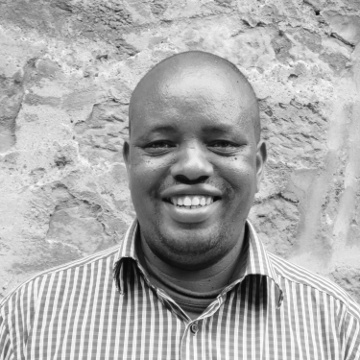
Bulle Dabasso |

Denise Amann |
|
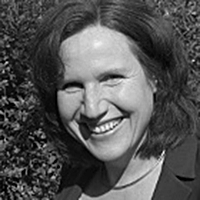
Anja Christinck † |
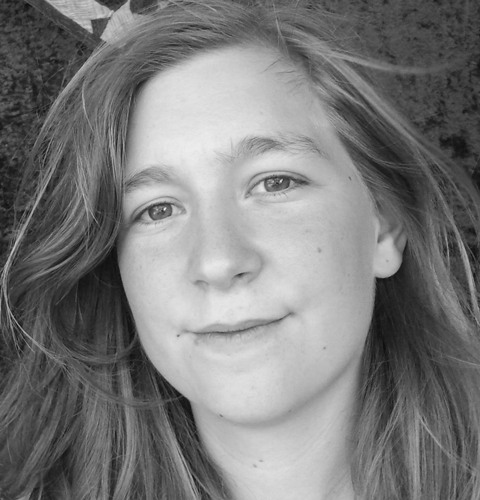
Lilian Beck |
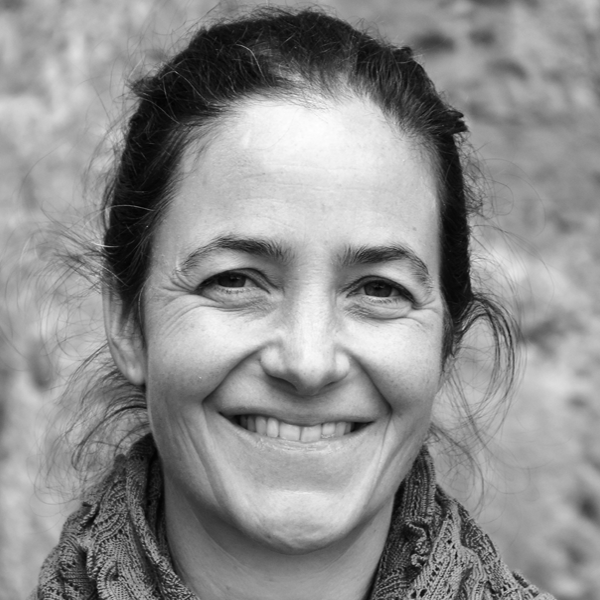
Loana Gronbach
|
Provenance Research on East African Holdings within the Collection of the Museum Witzenhausen
The project is carried out by the German Institute for Tropical and Subtropical Agriculture (DITSL), a successor of the German Colonial School (DKS) that was founded in 1898. Together with the town of Witzenhausen, DITSL is responsible for the museum in Witzenhausen. The museum displays and maintains a collection of about 2,600 objects from different countries, about half of which were collected by former graduates of the DKS. Besides natural history and geological objects, the majority of these objects were made by people from the regions of origin for daily use or for cultural, ceremonial, or religious activities. The aim of the project is to scientifically assess the approximately 300 objects of East African origin and to investigate the provenance of selected object groups. Particular attention is paid to examining contexts of unlawful or unethical appropriation of objects such as violent conflicts and asymmetric exchange relationships. For identified cases of incriminated provenance, an appropriate solution for safekeeping or repatriation shall be negotiated with representatives of the communities of origin.
Methodically, selected objects are subjected to an anthropological analysis of their origin, function and state of preservation. The analysis is supported by a historical reconstruction of the biographies and travel movements of their collectors. In order to gain additional insights into the objects themselves, but also about possible contexts of appropriation, the work in Witzenhausen is complemented by ethnographic field research among possible communities of origin in Tanzania. The field research is carried out by the local cooperation partner, the NGO fahari yetu Tanzania. fahari yetu has been researching colonial history, developing exhibitions including aspects of the colonial past, and promoting measures to preserve cultural heritage of the Southern Highlands of Tanzania, since 2013.
The expected findings on the origins of the DITSL collection in the context of the DKS will enrich the societal discourse on colonialism in Hesse, Germany and Tanzania. By intensifying research and exhibition cooperation between German and Tanzanian educational institutes and museums, the project also supports the academic and cultural dialogue with communities of origin on how to deal with colonial heritage.
Research findings and other project related information is published in German, English and Kiswahili on the websites of the DITSL, fahari yetu and the Hessian Museum Association.
Launch event

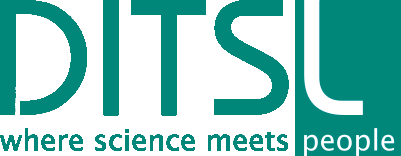
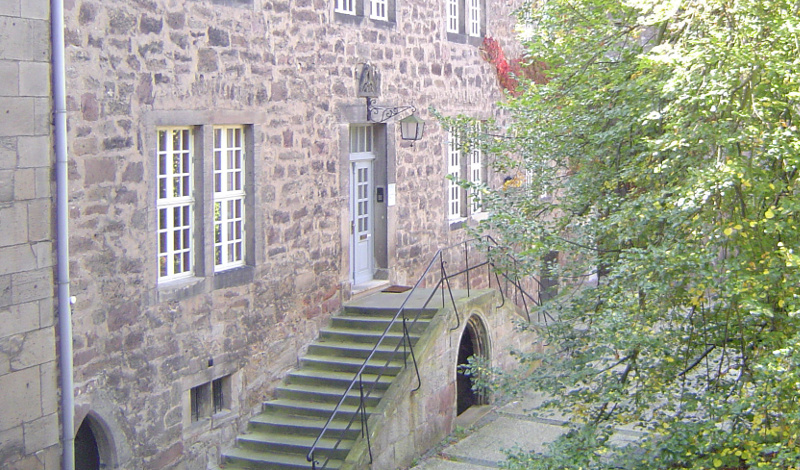




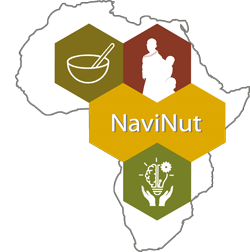 NaviNut
NaviNut